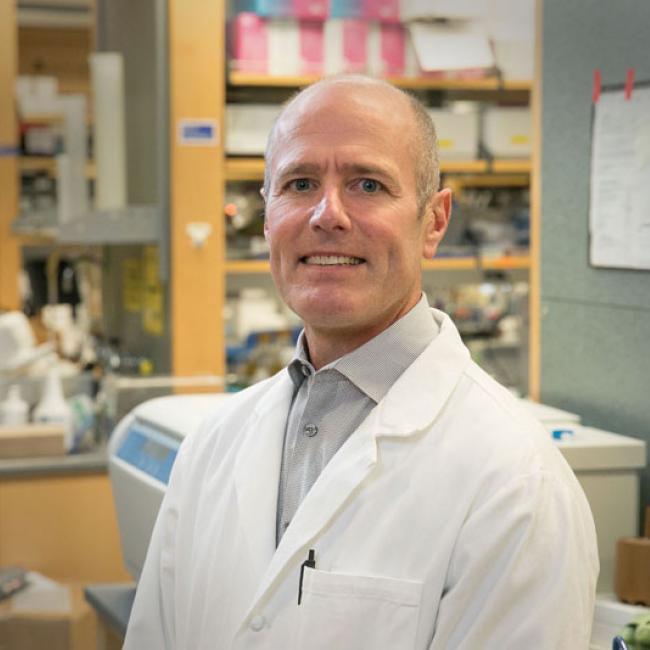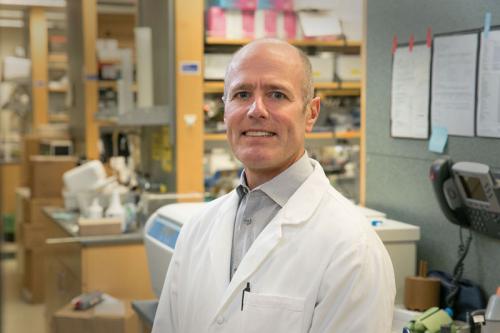
Neurology Pathways: S. Thomas Carmichael, M.D., Ph.D.
Dr. Carmichael's Pathway:
Where were you born and raised? What is your favorite part of your hometown?
Born in Bellevue, WA. Spent most formative years in Westlake Village, CA.
What motivates you in your work in neurology?
Two things motivate me for work in Neurology. The first is in caring for people with neurological illness. There is a strong interpersonal interaction when people need help with a brain disease, and also a long interval of interaction in which doctors and patients develop strong bonds. These are really motivating to provide excellent care for people with neurological disease, and to seek better treatments. The second motivating element is in the research for new treatments. This is a creative process--discovering in the lab new candidate treatments for neurological disease.
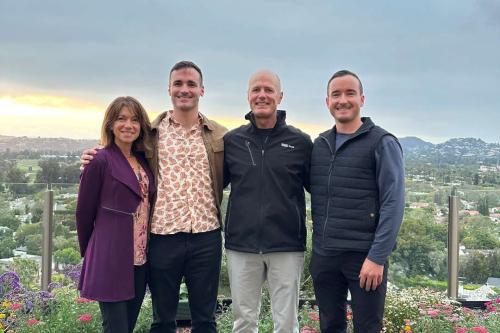
What specific areas of neurology are you interested in? Why?
Regenerative medicine in the brain. This is a new frontier in neurology, and spans most neurological diseases. How can we repair the brain? What common ways exist to repair the brain in stroke, head injury, ALS, Alzheimer's disease and epilepsy? There are common ways in which these diseases affect the brain, such as in causing disconnection of brain cells. Regenerative medicine in neurology will develop brain repair treatments in one disease that are likely to lead treatments in other diseases.
What are some influential moments in your career journey? How did these help you get to where you are today?
Some of the most influential moments in my career have come in interactions with important mentors. These particularly occurred when I was a medical student and resident. These mentors, junior and senior faculty, provided advice about how to launch a research career, what areas of neurology had the most need for new research directions, the meaning of failures and how to learn from them, and how to integrate medical care with a research career.
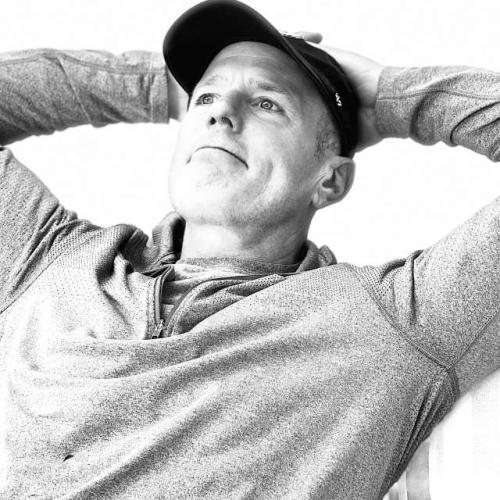
What advice would you give to your younger self at the start of your career?
Enjoy the journey. I was given this advice and adhered to it. The training career of a physician-scientist is long, and then the time to an independent research program adds to this. If one has to delay a feeling of enjoyment and success to that very end point, then the road will indeed be too long.
What is your favorite part of your career at UCLA?
The people. This is a highly collaborative place in the clinic, the lab and in the administrative and staffing functions. I enjoy working with smart and motivated people, who bring perspectives different from my own.
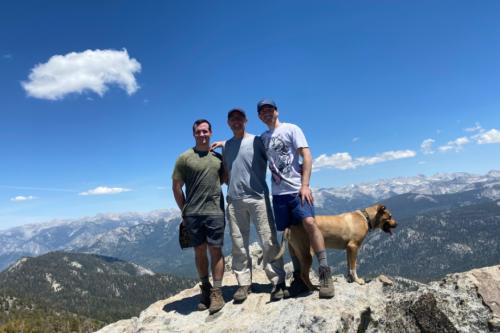
How do you spend your time outside of work? What is your favorite hobby?
I am an outdoors person. I mountain-bike, backpack and run trails. My favorite thing to do is backpack, usually in the Sierras.
What is a professional goal that you are working towards now?
Developing several research grants around the signals in the brain that tell brain cells that there is an injury and to engage in a repair program.
